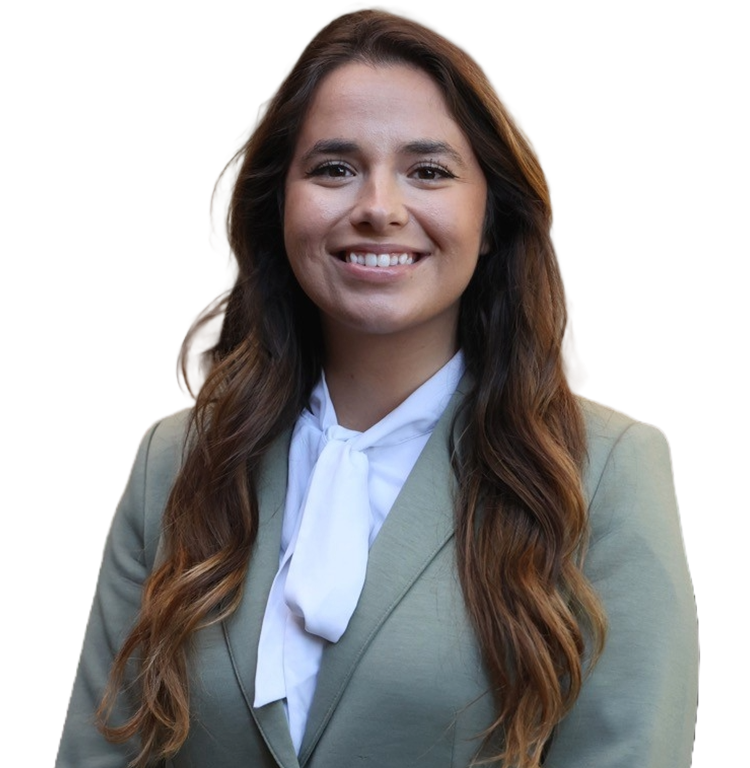Why Clients Choose Us?
0%
Success Rate
0+
Total Cases
0+
Total Months
- F1 Visa
- NIW
- Adjustment of Status
- Asylum
- Writ of Mandamus
- H1B Visa
0%
Success Rate
0+
Total Case
0+
Total Month
F1 Visa
0%
Success Rate
0+
Total Case
0+
Total Month
NIW
0%
Success Rate
0+
Total Case
0+
Total Month
Adjustment of Status
0%
Success Rate
0+
Total Case
0+
Total Month
Asylum
0%
Success Rate
0+
Total Case
0+
Total Month
Writ of Mandamus
0%
Success Rate
0+
Total Case
0+
Total Month
H1B Visa
0%
Success Rate
0+
Total Case
0+
Total Month
F1 Visa
0%
Success Rate
0+
Total Case
0+
Total Month
NIW
0%
Success Rate
0+
Total Case
0+
Total Month
Adjustment of Status
0%
Success Rate
0+
Total Case
0+
Total Month
Writ of Mandamus
0%
Success Rate
0+
Total Case
0+
Total Month
Asylum
0%
Success Rate
0+
Total Case
0+
Total Month
H1B Visa
For the first time, as an immigration law firm, Raju Law, a pioneering law firm in the USA, set a new standard of client service with the development of a server platform.
This innovative system, accessible to all clients, ensures a seamless and transparent experience for everyone involved in legal proceedings. By logging in with their credentials, clients gain direct access to real-time updates and developments related to their cases and can give feedback, which empowers them with a deeper understanding and involvement in the legal process.
Our Corporate Clients







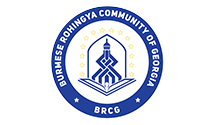


























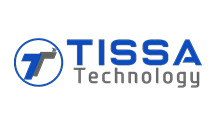




Practice Areas
- All
- Family Immigration
- Employment Immigration
- Humanitarian Immigration
- Immigration Appeal
- Investment Immigration
Get your Free Evaluation
Our Attorneys
We Serve Clients Across The Borders
Immigration News Update
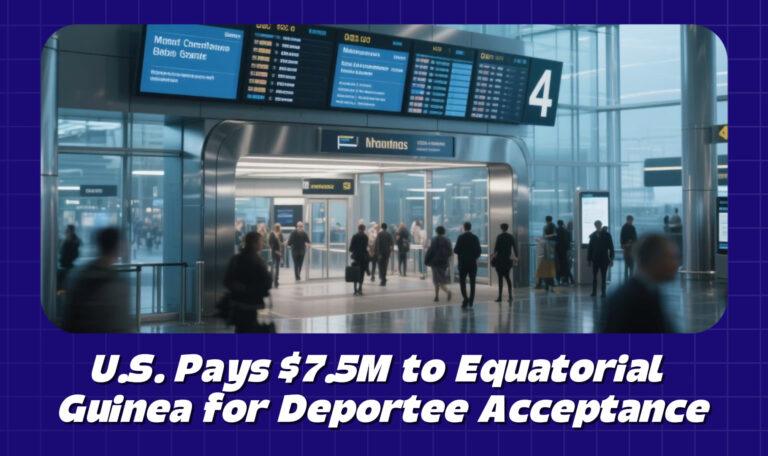
U.S. Pays $7.5M to Equatorial Guinea for Deportee Acceptance
The Trump administration paid $7.5 million from refugee assistance funds to Equatorial Guinea to accept..
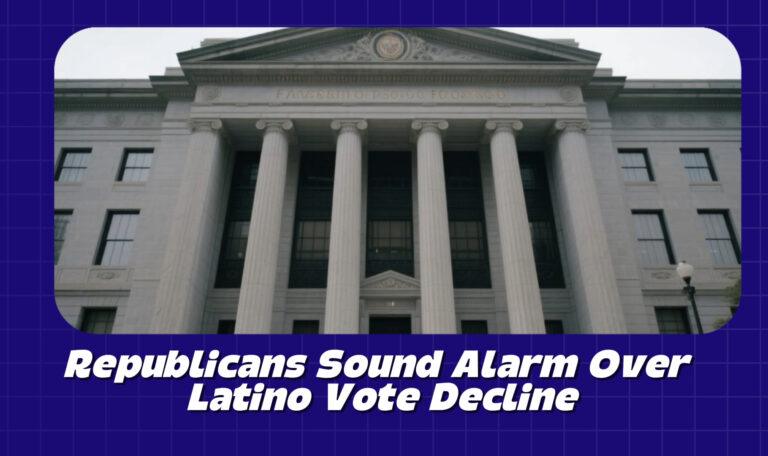
Republicans Sound Alarm Over Latino Vote Decline
Republicans are worried after Latino voters shifted back toward Democrats in recent off-year elections. Exit..

Padma Lakshmi Champions Immigration Through Food
Padma Lakshmi’s new cookbook, Padma’s All American, highlights immigrant communities as the backbone of American..
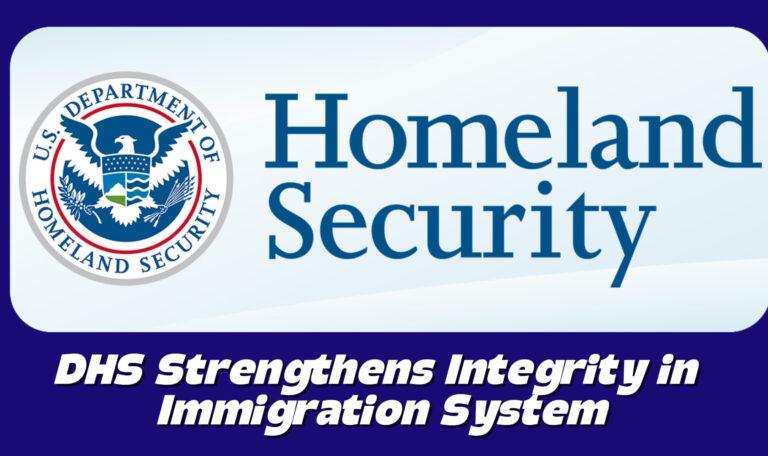
DHS Strengthens Integrity in Immigration System
On November 13, 2025, USCIS announced major reforms including ending TPS for Afghanistan and Venezuela,..
Our YouTube Channel

Dubai Office Reveal: You Won’t Believe This Law Firm!

December 2025 Visa Bulletin: Family-Based Visas See Exciting Progress for Reunions!

Big Wins in December 2025 Visa Bulletin! EB-2 & EB-5 Visas See Major Advancements!

R-1 Visa Approved in Record Time | How Raju Law Achieves 100% Success!

We Use State of the Art Technology to Provide the Best Service

Modern Immigration Software & Case Management

Fast & Reliable Way to Electronically Sign Documents & Agreements

Safe and Secure Money Transfer for the Safety of your Financial Information

For Reliable & Accurate Federal Government Data

The most Intelligent Legal Research Service to Write Best Petition for you

Quick, Reliable & Faster Communication with Clients
Client Testimonials

My NIW I-140 got approved within 6 working days. Big shout-out to Chelesa Smith and Kyra Clark. They have been thorough in preparing my petition and any suggestions I made to them during the process were acknowledged and integrated promptly into my package. Raju Mahajan & Associates Law on-boarded some great attorneys in their team and I would say it was a good experience in the end. I am very pleased with their service.

First, I would like to show my respect to Attorney Raju Mahajan & Associates, including immigration attorney John Pyong-il Yun, Esq. for their outstanding and incredible professional case-handling manner and exceptional support. It was incredible to have my case approved within just 3 months, that too while being outside of the USA. I wish them more and more success.

I decided to retain Raju Law Firm for my EB2-NIW petition after exploring options with several other law firms. Raju Law Firm offered me a 100% refund guarantee and a 95% approval probability for my application, which made my decision straightforward. Despite hearing rumors about potential communication issues with Raju Law Firm, my personal experience has been quite positive. They were highly professional and communicative throughout the entire petition process, right up until its approval. Based on this, I highly recommend their services.

I have a great experience working with Raju Law regarding my NIW EB2 application. They are very good at communication and helping clients with proper direction. The whole team was supportive and responded to my questions in time. I am happy with their service and recommend Raju Law to others who need immigration help.

I have a great experience with Attorney Raju Mahajan & Associates in my NIW I-140 petition process. Recently my I-140 petition got approved. Their entire team is highly professional and they were very prompt in responding to my queries. I highly recommend Raju Law to anyone seeking immigration services.

Very supportive and responsive lawyers. Overall, I had a very positive experience. Only thing that could be improved is the mode of sharing documents and messaging, As both are done via email. Sometimes we had to send documents multiple times. Also finding any specific email required some effort as it was a single email thread.











